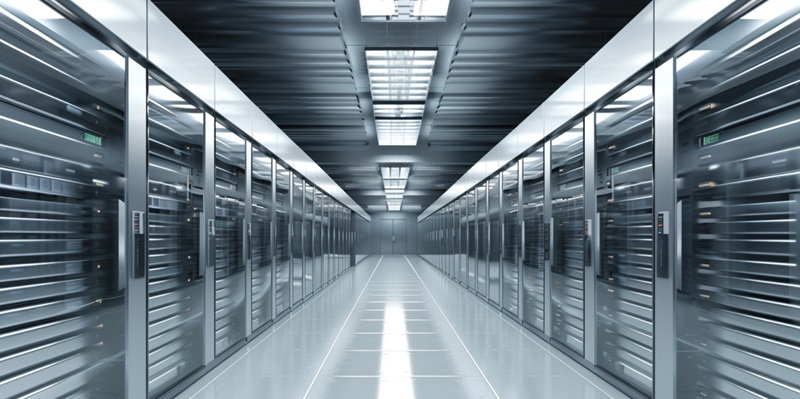The rise of artificial intelligence (AI) has ushered in a transformative era across various industries, setting the stage for groundbreaking applications and services. However, this technological renaissance is not without its repercussions. As AI continues to evolve, it has developed an insatiable appetite for data, leading to increasing demands for data storage. The situation currently unfolding in the computer hardware market is emblematic of AI’s far-reaching impact, specifically observed through the lens of storage devices such as Hard Disk Drives (HDDs) and Solid State Drives (SSDs). The consequential effect is a surge in storage device pricing, intertwined with availability issues, largely attributed to AI-driven demand.
The Escalating Demand for Storage
The storage market has found itself at a critical juncture, propelled by the relentless demand for data storage stemming from AI advancements. With this surge in demand, the cost of storage has increased significantly, pinching both individual consumers and enterprises. Data analysis firms have been monitoring this trend closely, revealing how data storage, once considered a mere accessory, has become a premium commodity. Production slowdowns, coupled with a growing thirst for higher data capacity, have created a perfect storm, leading to a noticeable uptick in HDD and SSD prices.
This spike in prices has broad implications. Tech giants and startups alike are facing a crunch as they scramble to secure the necessary storage capacity to fuel their AI projects. Large-capacity drives, essential for housing the vast amounts of data generated by machine learning and other AI processes, have experienced a marked price jump—indeed, manufacturers such as Seagate and Western Digital have introduced price hikes in the vicinity of 10%. These adjustments reflect a strained supply chain, exacerbated by global economic pressures and sector-specific challenges.
Market Imbalance and Its Consequences
The advent of artificial intelligence (AI) has revolutionized multiple sectors, catalyzing the creation of innovative services. Yet, it comes with significant consequences, particularly in its relentless quest for data. As AI systems become increasingly sophisticated, their need for vast storage capacities surges. This influence is palpable in the computer hardware market, especially regarding storage units such as HDDs and SSDs. AI’s voracious data needs have led to a noticeable uptick in storage costs and availability concerns. As the demand from AI-driven enterprises intensifies, the implications on storage technology prices and supply are becoming ever more pronounced, presenting both challenges and opportunities in the hardware industry. This situation encapsulates the profound effect that AI’s expansion has on the global demand for data storage solutions.

